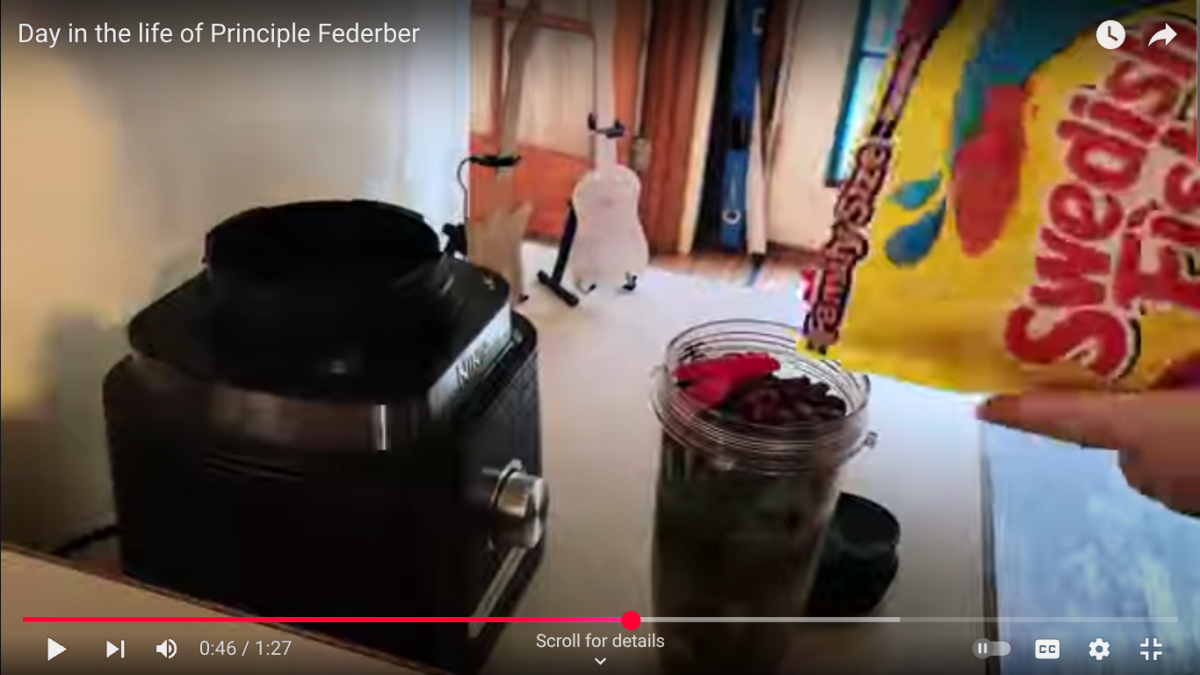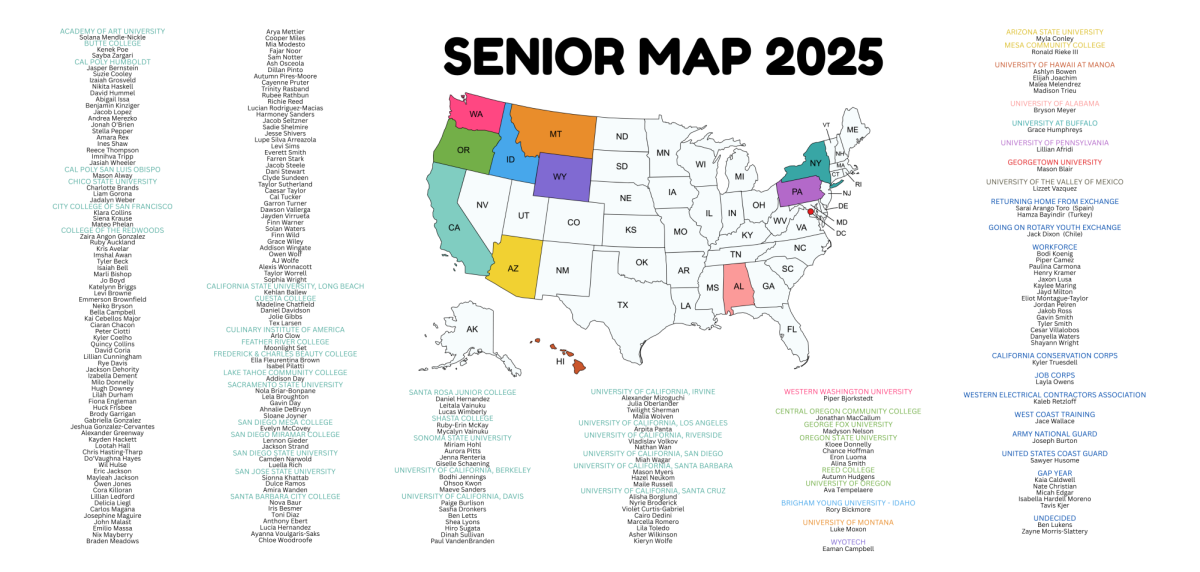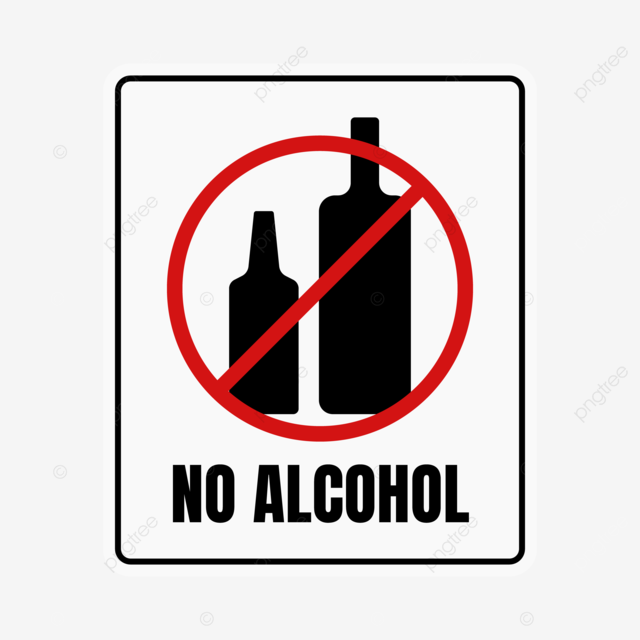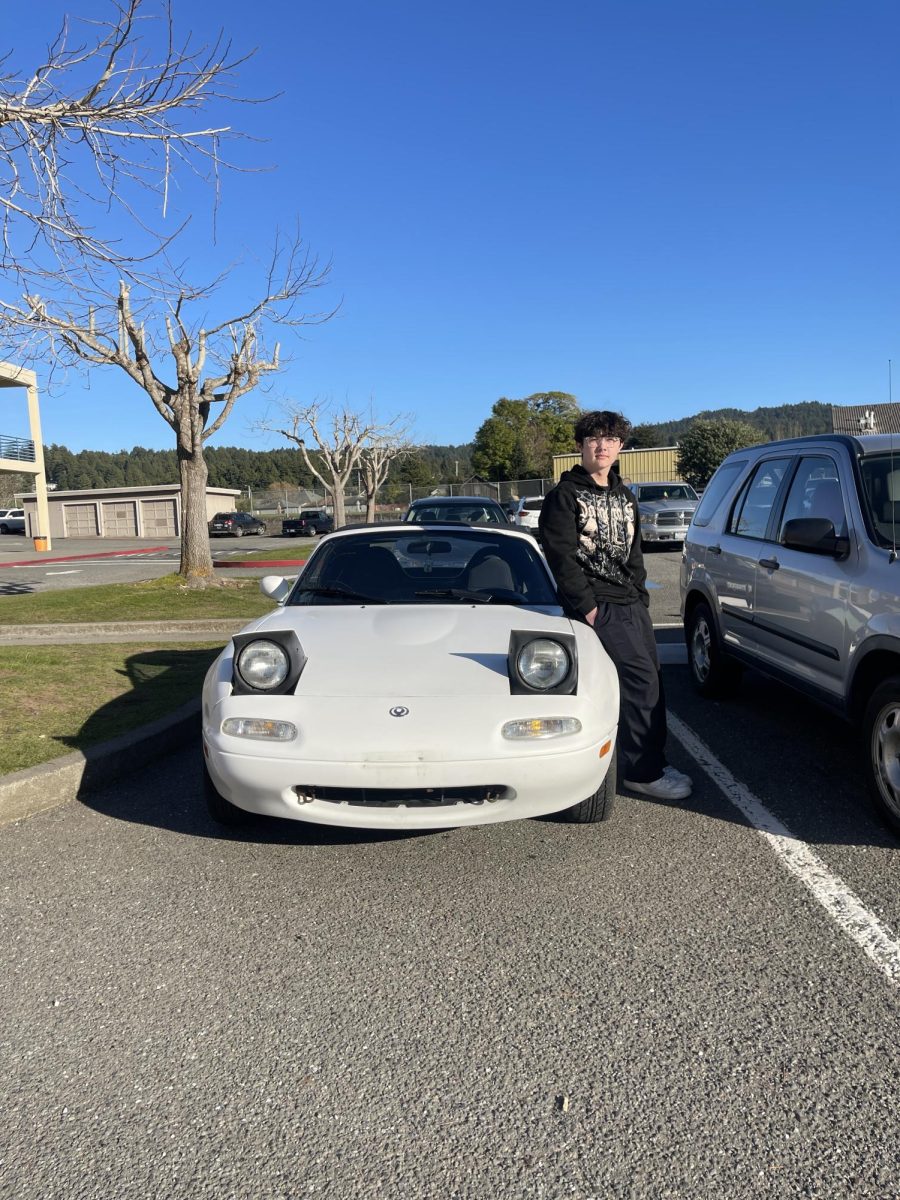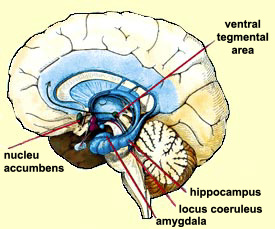Are you altering your mind? Often young teenagers will experiment with different substances that may change their developing brains without quite knowing it. Experimentation is normal, but the effects it may lead to should be something you’re aware of especially if they end up being permanent.
Marijuana
Some studies state that the early use of weed could have worse effects on your developing brain than if you were a using adult. Heavy usage of cannabis will change the hippocampal structure of your brain, furthering into adulthood. The hippocampus is the part of your brain responsible for your learning, memory consolidation, and navigation. Heavy use of cannabis is also associated with decreased functional connectivity within your developing prefrontal cortex. The prefrontal cortex is the part of your brain associated with planning, decision making, moderating social behavior and working memory. Damaging your developing prefrontal cortex, may alter it for the rest of your life. Some studies suggest that your prefrontal cortex doesn’t fully develop until you’re twenty five, so during the development stage is where it’s most vulnerable to change.
Nicotine
Once you inhale nicotine it’s distributed quickly throughout your bloodstream, then crosses the blood-brain barrier reaching your brain in ten or twenty seconds after a hit. After nicotine has entered the brain it sends signals through your prefrontal cortex, one of the last parts of the brain to mature, altering acetylcholine and glutamine receptors. Changing the development of your brain when it’s at its highest plasticity means it’s easy to create new patterns in behavior. But harder to reverse the habitual patterns you may set from substances. Due to the plasticity addiction is easier to fall into. It’s found that your body and brain can fall victim of being dependent on nicotine immediately after first or second use. This substance use during adolescence is dangerous for your development because it disrupts the formation of brain circuits that control attention span, learning and even your susceptibility to addiction.
Alcohol
When you drink your brain produces the feeling of pleasure by the ventral tegmental area, which is a structure in the midbrain, signalling dopamine to the nucleus accumbens. The activation of opioid receptors, dopamine levels rise in the nucleus accumbens. Your brain will react to this causing a disbalance in your dopamine levels. If you become dependent on alcohol, overusing the dopamine stimulus can alter your brain by tricking it. If you create unnatural dopamine in your brain consistently from alcohol your brain will prevent itself from creating natural dopamine. Meaning when you aren’t drinking, it will be harder to feel happy sober. Drinking also disrupts the amygdala’s function in your brain, compromising your ability to sense danger or know when to stop drinking. When you drink too much it shuts off the hippocampus, responsible for transferring memory from short-term to long-term or known as memory consolidation. This is called blacking out. Blacking out isn’t just dangerous for your brain’s development, it automatically puts you in a position where you rely on others completely. Being blacked out means you are unaware of anything going on and often won’t remember it. This makes you extremely vulnerable and puts you in danger of harm. Developing a tolerance and blacking out consistently can alter the way your brain sends signals to different parts of the brain.






